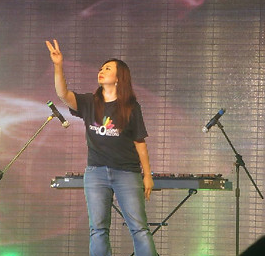Lily Goh: Breaking Sound Barriers
Don’t call Lily Goh hearing-impaired.
To the Deaf, hearing impaired is derogatory. They do not live with hearing loss that poses a problem. A lack of hearing need not be disabling. It need not be considered a ‘lack’ at all.
“I'm bilaterally deaf, a profound-to-severe hearing loss in both ears. But I’d rather call myself Deaf instead of hearing-impaired, as I believe that I have no problem with my hearing loss. That’s my cultural view,” says the acclaimed performing artist and sign language teacher.
Breaking sound barriers one musical note at a time through Inclusion efforts has always been Lily’s true advocacy. Inclusivity may be the current buzz. But trends come and go. Being Deaf is for life.
“The world is an audist. Audism is defined as discrimination or prejudice against an individual who is deaf or hard of hearing,” she says. “But this needs to change from a deafness-as-defect mindset to a world that focuses on abilities rather than deficiencies… this is far more valuable.”
Lily is the only deaf child in the family whose disability was discovered when she was two years old. Having faced adversities and challenges all her life, she doesn’t easily get flustered with prejudicial labels, but she won’t take them sitting down either.
I first met Lily in 2015, even back then she was already a consummate musician who uses music and song signing (now called Deaf music) to train deaf youth to express themselves.
Long before the phenomenal K-pop boy band BTS’ acclaimed Permission To Dance went viral and was hailed for incorporating international sign language for the words enjoy, dance, and peace in their choreography, Lily has been singing with her hands for years. I had a chance to watch her full rendition of ‘Let It Go’ from the popular animated film Frozen. The emotions expressed from her heart flowing to her hands were absorbing, to say the least.
“The biggest challenge is communication and language when being a deaf individual. Deafness is a spectrum. The deaf and hard of hearing have different kinds and degrees of hearing loss. Environments where they grow up affect them in many ways,” she says.
Lily further underscores that “deafness is a culture, and Singapore Sign Language is a language of theirs. Most of them do not consider themselves as disabled people. Deafness is their pride and identity. They are not here to be fixed, or seen as another cultural minority.”
The multi-awarded Singaporean would rather set aside her disability and focus on her abilities – and she has plenty.
For starters, Lily was the first deaf participant in the Singapore Idol contest (2004), has performed at a variety of events both in Singapore and overseas, has appeared in several local TV shows, and has a degree in Sociology with Communications from Singapore University of Social Sciences (former SIM University) – a breakthrough being the first deaf sociology student and graduate.
Music and Lily are inseparable. She has represented Singapore in various international music events, which included the ASEAN Festival of Disabled Artists 2014 held in Myanmar.
“I was invited to perform at the ASEAN Festival of Disabled Artists for the first time. I felt excited to represent Singapore to showcase deaf talents in music and song signing. It was the festival’s first experience to see such deaf performing music and song signing,” she recalls, adding that it was good to change the audience's perceptions about the disabled.
She counts the collaboration with the Covent Garden Soloist Orchestra from London (2014) as one her most significant moments.
“It was our first time to have ever performed with them at our basic level, with our different degrees of hearing loss. It has increased our confidence,” she says.
Giving Singaporeans an opportunity to perform in public here and overseas is an enriching experience. The feeling of pride when an appreciative audience applauds them, although they may not hear it, is always uplifting.
Lily, 43, is the founder and CEO of ExtraOrdinary Horizons (EO Horizons), a social entreprise established in 2011 to promote deaf awareness through sign-language courses, workshops, outreach programmes, interpretation services and deaf performing arts. EO Horizons strives to help the deaf better integrate into mainstream society and to be accepted for who they are.
“Inclusivity is about accommodating their needs, providing sign language interpretation service to them. Captioning/subtitling is another good alternative. All you need is patience when communicating with them. There are many ways to communicate with them, such as writing and visual cues. Being productive helps them gain self-confidence to overcome life challenges through their acquired skills and knowledge,” Lily emphasises.
She continues: “Our primary vision is creating an inclusive society where the disadvantaged attain confidence in their own abilities, to be engaged and invested in improving their way of life.
No one knew about the presence of EO Horizons when we were just starting. I guess this is the most common challenge for start-ups. However, it is more challenging and tougher for the disabled to go out all the way to promote EO Horizons. It takes a lot of hard work and courage, especially for me to overcome language barriers between Deaf and Hearing (mainstream society). Every time when I meet clients at networking events, I emphasise the need for understanding and patience.”
Pre-Covid pandemic, revenue from courses, workshops and performances were used to fund EOH operations and its deaf staff.
EOH took a big hit during the pandemic, plummeting student enrolment for each level by 80% with about 2-5 students attending EOH’s each virtual class. To augment its income, Lily also provides private classes.
Her next big dream is to become one of the deaf professors in Asia. However, it has become harder for her to achieve it due to many considerations, including her financial situation. That said, she sees it as a major setback that she would need to overcome on her own.
“I now have full-time work that helps improve my financial situation. However, I still run EO Horizons. I enjoy teaching, and this is where I am in my true self,” she says. “I hope my students can become interpreters and/or allies of deaf some day.”
The latest data show there are more than 70 million deaf people worldwide. It is estimated that by 2050 over 700 million people – one in every ten people – will have disabling hearing loss. (World Federation of the Deaf and WHO)
The next time you meet a deaf person, don’t call them hearing-impaired. Because just like you and me, they can practically do anything except hear.
“I live my life like everyone else. Everyone has obstacles. Mine is deafness. But I can drive. I have a life with four birds. I work on TV. I do movies. The only thing I can’t do is hear,” Lily asserts with pride.
Debbie | ws
Images courtesy of ExtraOrdinary Horizon | Images shown here were taken before Covid-19 pandemic | Email: contact@eohorizons.com | EOH Videos | Contribute | Facebook | @lilygoh.sgsl | Twitter @EOHorizons | TikTok @lilygoh.sg








